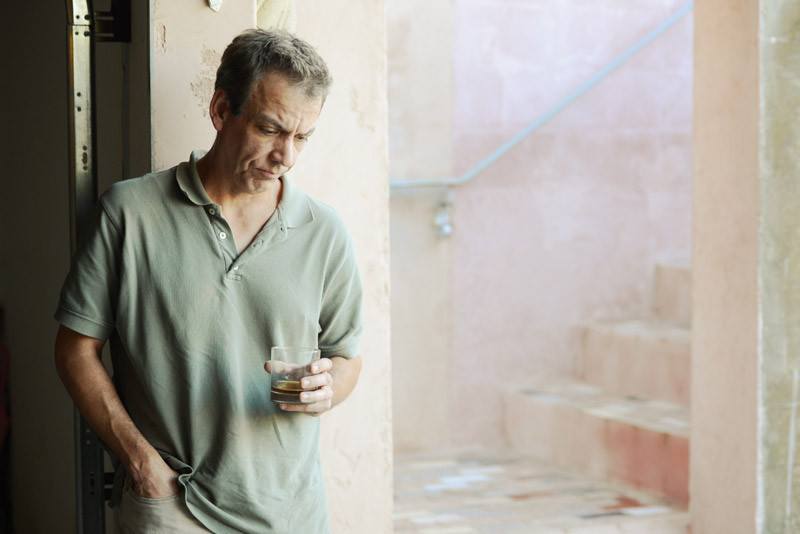#3 There’s a good chance your loved one’s illness has made the entire family sick.
Witnessing a loved one’s spiral into addiction can be heart-wrenching. In response to overwhelming stress, the family builds its defenses. Some will minimize or outright deny that there is a problem; some make excuses for the addict; others may remove themselves from the situation entirely. While these defenses may help family members cope with the problem in the short term, in the long run they leave everyone – both the family and the addict – living in chaos.
Resentment builds as the constant focus on the addict detracts from each family member’s needs. Loved ones want to fix the addict or fall into the trap of believing they cannot be happy if the addict is still sick, which can lead to dysfunctional responses like controlling and enabling.
In order to support your loved one, you must take charge of the only thing you can control: yourself. Taking care of yourself is not selfish; it protects against burnout and prevents the worst fate of all: giving up on the addict altogether. Family members can gain valuable support from groups like Al-Anon and Nar-Anon and participating in individual or family therapy. By engaging in healthy detachment – offering love, support and boundaries while letting the addict experience the negative consequences of their drug use – you can protect your own mental and emotional health while promoting the addict’s recovery.
#4 Your loved one needs your help and support.
You can’t cure your loved one’s addiction, but you can facilitate their recovery. Contrary to popular belief, addicts do not have to hit “rock bottom” before they can get help. Most addicts feel conflicted about getting treatment. Many are court ordered or urged by family or friends to get help. Studies show that what brings them into treatment matters less than the fact that they find their way there.
Interventions can be an effective way to help addicts recognize the seriousness of their problem and agree to treatment. During treatment, stay involved through family therapy, visits and any other programs offered for loved ones. Learn all you can about the disease of addiction as well as any unhelpful behaviors you may have adopted that contribute to addictive patterns.
#5 Relapse is a common part of recovery.
With all the effort families put into getting their loved one into treatment, it can be devastating if the addict slips back into drug use. But with a chronic disease like addiction, there is no quick fix. It takes time for the brain to heal and for new thought and behavior patterns to take root.
A clear understanding of the chronic nature of addiction can prepare families to take swift action if the addict relapses. Although disappointing, relapse can be a valuable learning opportunity that sets people on the path toward long-term recovery.
Families that come to accept these truths about the addict in their life take an important step toward understanding the disease. This understanding not only feels better in the short term, but also grants loved ones the lasting peace of mind of knowing they are doing all they can to help themselves and the addict.
David Sack, M.D., is a triple board certified psychiatrist and CEO of Elements Behavioral Health, a network of addiction treatment programs that includes Clarity Way, Journey Healing Centers in Utah, The Ranch, and Lucida Treatment Center in Florida.
Copyright 2015 PsychCentral.com. All rights reserved. Reprinted here with permission.
Original Article from PsychCentral.com
Red Rock Recovery Center is a Colorado state licensed substance abuse extended care treatment program designed to help you or your loved one recover from the struggles associated with alcoholism and drug addiction. Located in Denver, Colorado we offer a safe haven for those afflicted by the ravages of untreated addiction. Our program is based on a compassionate 12-step model that applies behavioral as well as life skill therapies, which will enable our clients to heal and recover.
#recovery #drugrehab #redrockrecovery




